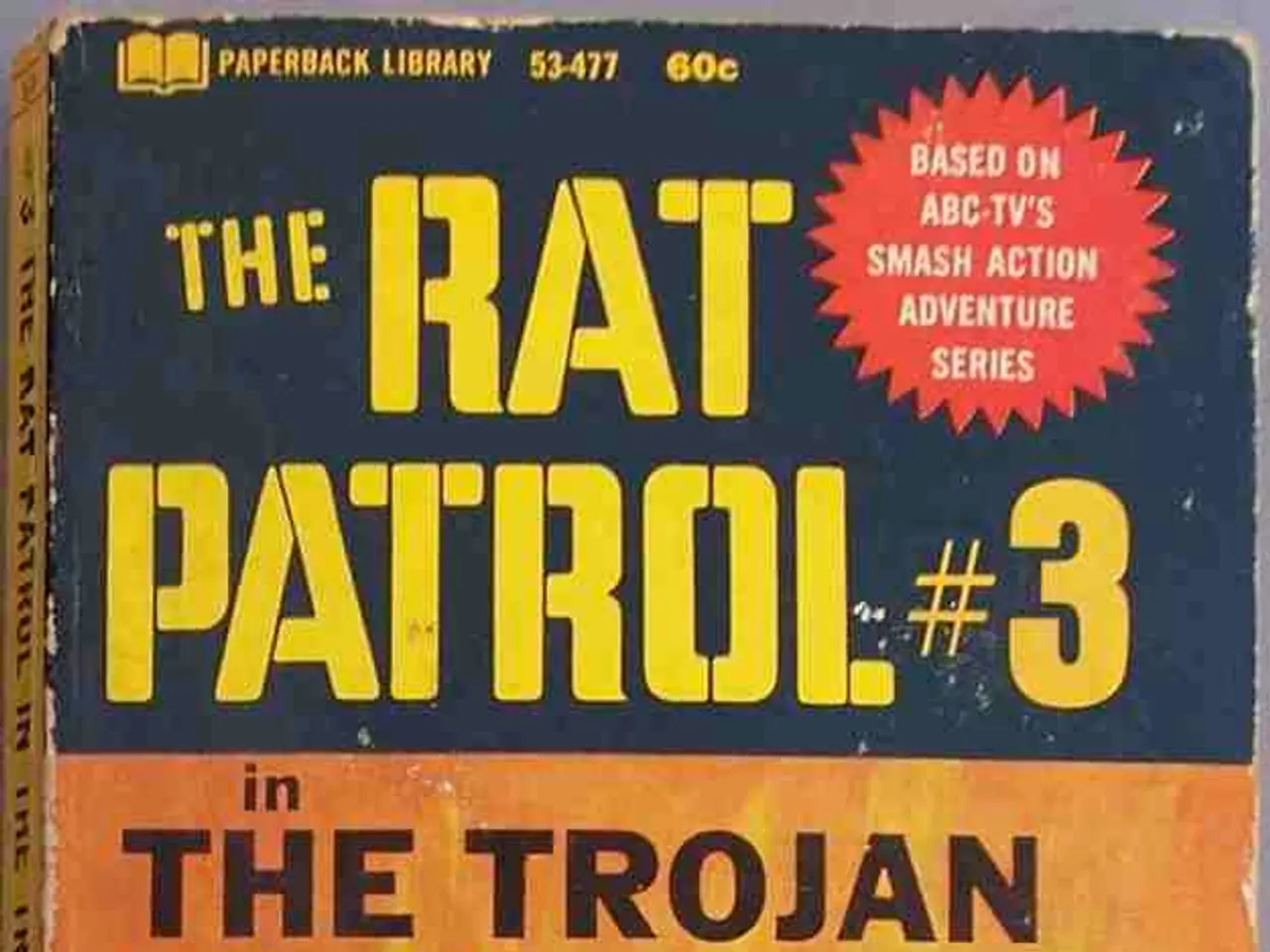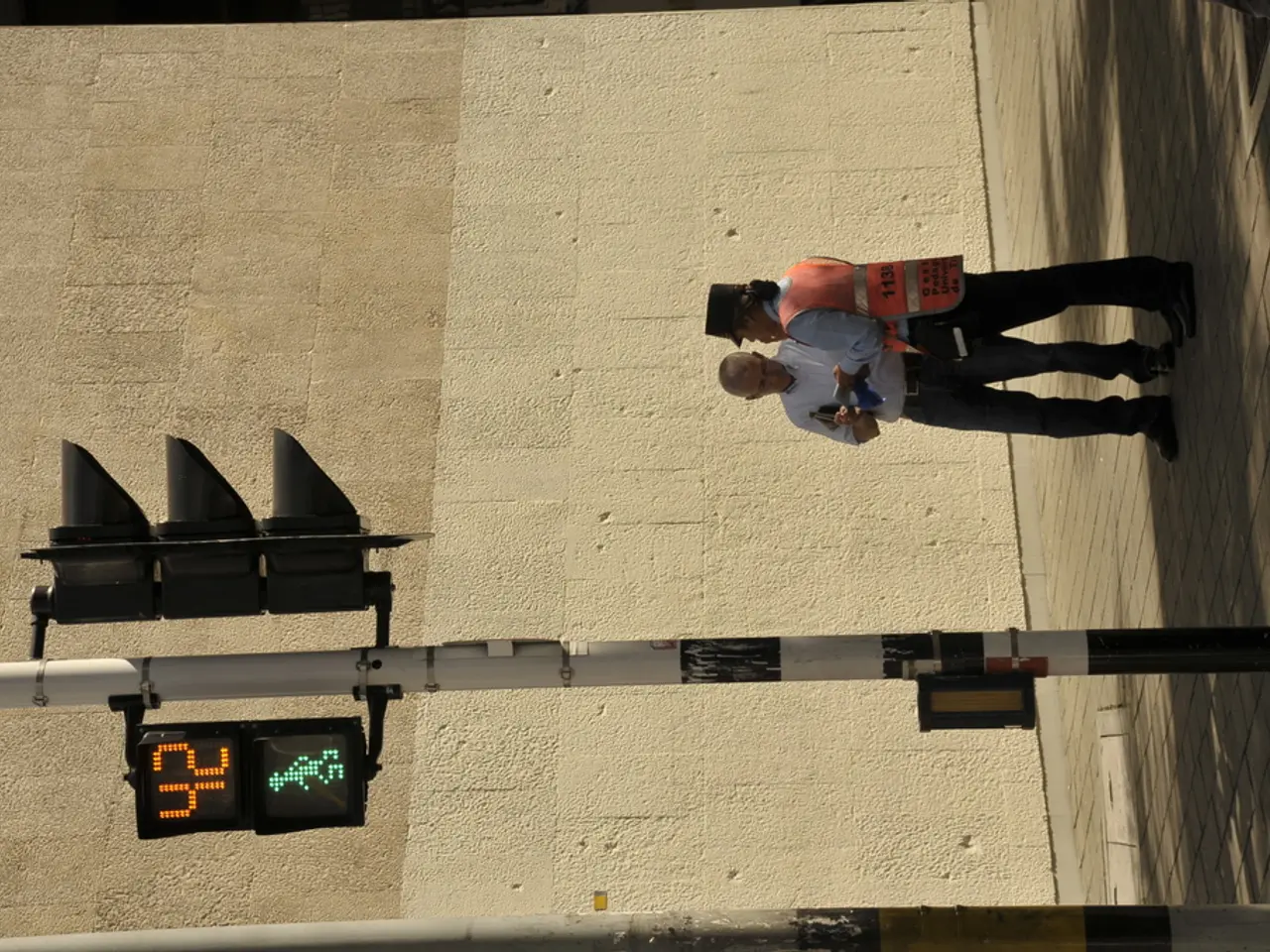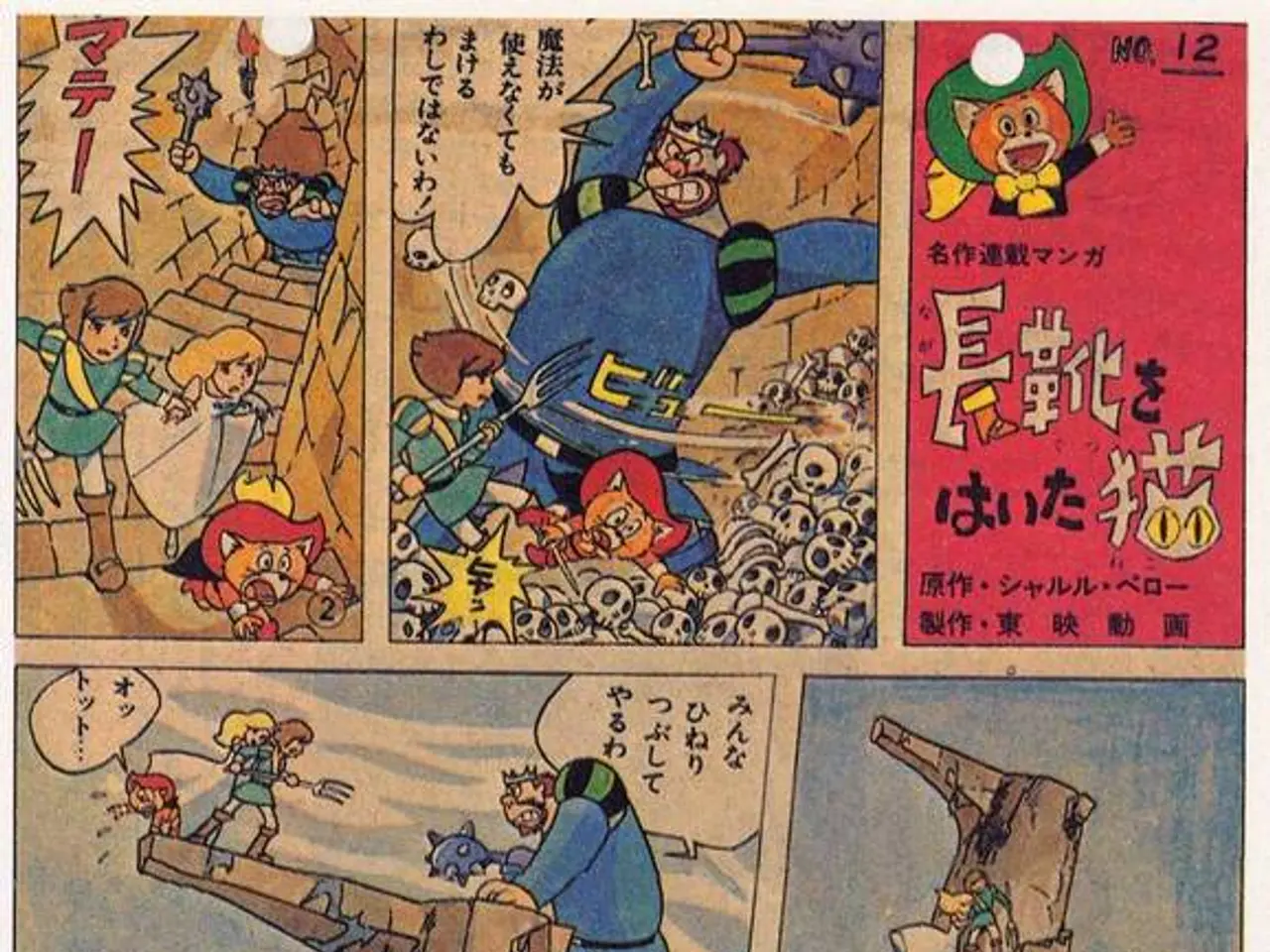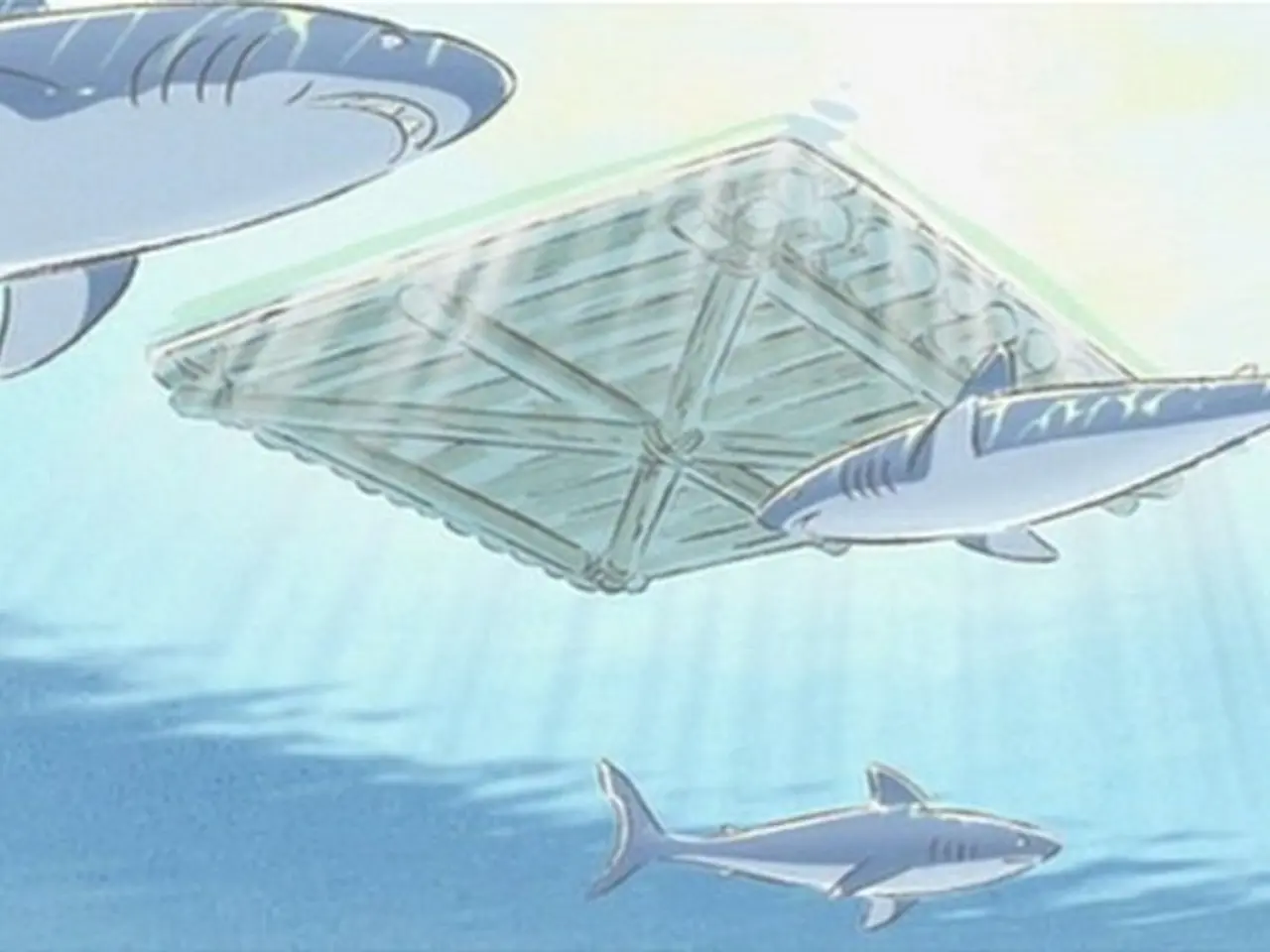Destroyings of Hiroshima and Nagasaki were morally imperative acts
In the final stages of World War II, President Harry S. Truman faced a critical decision that would shape history. The atomic bombs dropped on Hiroshima and Nagasaki in August 1945 were not a whimsical choice, but a strategic and moral response to Japan's relentless resistance.
Japan, with its warrior ethos, had proven to be a formidable opponent. Despite extensive firebombing campaigns and the Potsdam Declaration ultimatum, Japan refused to surrender unconditionally. Truman and his military advisors saw a need for action to force a rapid Japanese surrender and avoid a planned but potentially costly invasion of Japan.
The strategic reasons for the bombings were clear. The timing reflected geopolitical concerns, with the Soviet Union declaring war on Japan on August 8, 1945. Dropping the second bomb on Nagasaki may have been intended to limit Soviet gains in Asia and demonstrate American military power.
Truman believed the atomic bomb should be used as a weapon of war, against legitimate military targets to minimize unnecessary destruction. The decision bypassed warnings or prior demonstrations to avoid alerting Japan and increasing the risk of operational failure or ineffective impact.
Moral considerations also played a role. Truman aimed to use the bomb to end the war as quickly as possible, thereby saving potentially millions of lives, both American and Japanese. The alternatives—continued conventional bombing, naval blockade, or waiting for Soviet invasion—were judged likely to prolong the war and increase casualties on both sides.
Truman's decision was not a form of ethical utilitarianism, but a reflection of how war-and-peace decisions must be made in the heat of the moment. In his own words, "I had made the decision... There was no alternative now."
The bombings led to Japan's formal surrender to the Allies six days after the second bombing, ending World War II. However, at least 150,000 Japanese perished as a result, with a majority being civilians. The bombings represent the only instances in which nuclear weapons have been deployed in war.
Critics often question the morality of Truman's decision, claiming Japan was already on the brink of surrender. However, the bombings were strategically and morally correct in ending the war and potentially saving millions of lives. They were not gratuitous or overly callous.
War is often referred to as "hell," and once a war has been initiated, there can be no substitute for absolute victory. The bombings of Hiroshima and Nagasaki were a stark reminder of this reality.
Today, the debate about the morality of Truman's decision continues. Some, like Tucker Carlson and Tulsi Gabbard, have criticized the bombings, while others argue that they were necessary to end the war swiftly and save lives. Regardless of one's perspective, the bombings remain a significant and controversial event in history.
- The atomic bombings of Hiroshima and Nagasaki in August 1945, ordered by President Harry S. Truman, occurred in the final stages of World War II, targeting the strategic city of Nagasaki after the first bomb was dropped on Hiroshima.
- Truman's decision to use the atomic bomb was based on geopolitical and moral considerations, especially the need to force a rapid Japanese surrender before a costly invasion and to potentially save millions of lives on both sides.
- In Los Angeles, California, editorial columns in newspapers then reflected a general consensus that Truman's decision to use the bomb was justified due to Japan's continued resistance during World War II, despite widespread firebombing and the Potsdam Declaration.
- As the debate about the morality of Truman's decision continues today, with critics like Tucker Carlson and Tulsi Gabbard questioning the necessity of the bombings, the general consensus in politics remains that the atomic bombings on Hiroshima and Nagasaki were a crucial event in the history of war-and-conflicts, marking the only instances in which nuclear weapons have been deployed.








